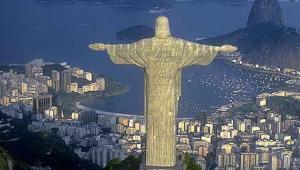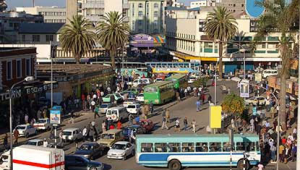The austerity measure, which will limit public spending growth in the executive, legislative and judiciary to inflation for two decades, sparked violent protests across Brazil after it was passed on Monday.
The government argues it is necessary to contain Brazil’s burgeoning deficit and debt, restore investor confidence and lead the country out of its worst recession in decades. It has also been backed by institutions such as the International Monetary Fund.
Amid a five-quarter long contraction, Brazil has accumulated public debt worth 67.5% of GDP and a deficit of more than 10%.
Its deteriorating public accounts have seen the country swiftly downgraded into junk territory by credit ratings agency as concerns about the country’s ability to pay its debts grew.
By some predictions, debt could rise to 80% of GDP next year. The IMF has even called for a similar law to be passed at state level in order to further control spending.
But investor confidence was not just lost as a result of rising debt. It has been rocked by a massive corruption scandal that saw former president Dilma Rousseff impeached and threatened to take out much Brazil’s political class.
The approval of the spending growth cap is a key victory for Rousseff’s successor, Michel Temer.
Opposition MPs, however, have warned that the austerity measure will hit already underfunded areas the hardest.
The United Nation’s expert on extreme poverty and human rights also condemned the measure earlier this week. Philip Alston said it will see Brazil’s poorest people suffer and place Brazil in a “socially regressive category all of its own”.
He also raised concerns that amid months of political turmoil, the country’s population had not been properly consulted about the plan.
Before its passing, polls suggested the cap had been widely unpopular. After Tuesday’s vote, violent protests erupted in the capital Brasilia and across a number of states throughout the country.














